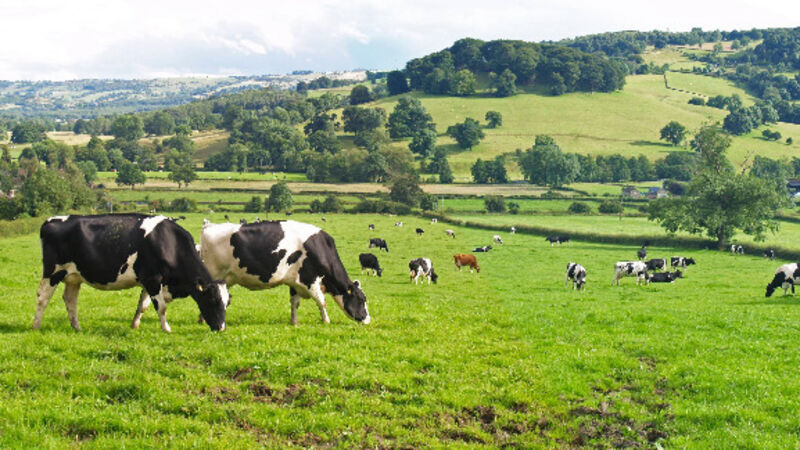Use of chlorine-based detergents in the dairy industry must end in 2020

The focus was on the Ornua resolution to terminate use of chlorine-based detergents in the dairy industry by the end of 2020, at the recent Teagasc Milk Quality Workshops in Cork and Cavan.
Chlorine and chlorine-based detergents were traditionally the most commonly used cleaning agents for milking equipment on farms, in factories, and in water disinfection. However, there is increasing concern with regard to the potential occurrence of chlorine related residues.













